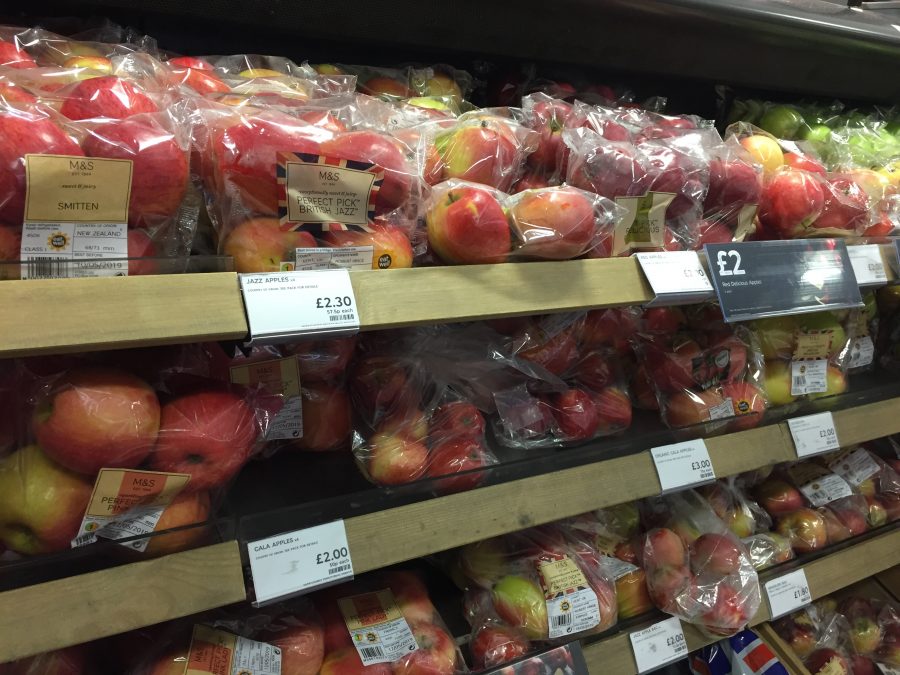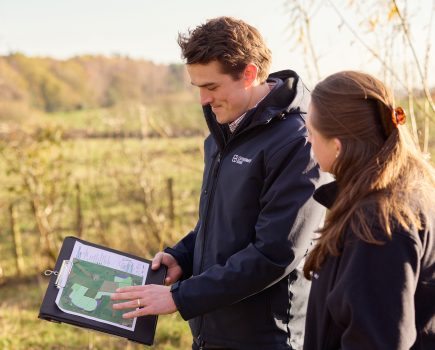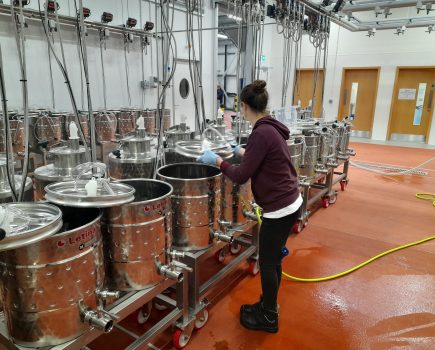The organisation that fights for commercial apple and pear growers in the UK is looking for urgent action from supermarkets and government to help avert a crisis in the industry.
The move follows a survey that paints a bleak picture of the industry, with growers cancelling orders for new trees, mothballing orchards and exiting fruit growing altogether.
British Apples & Pears Limited (BAPL) wants supermarkets to pay more for home-grown fruit to recognise what it refers to as an “unprecedented 23% inflation in cost of production”, alongside “long-term partnerships and prioritisation of British apples and pears over imports to give growers the confidence to plant the orchards of the future with long-term contracts linked to inflation”.
Amongst other things, it wants government to add grower businesses to the Energy Business Relief Scheme’s vulnerable list to help with the cost of cold storage for fruit and bring retailers together to discuss “the emerging crisis in the British apple and pear sector”.
It also wants the limit on the number of seasonal workers allowed into the UK to be removed, for the permit to allow a nine-month stay and for the wage premium linked to the seasonal workers scheme to be removed. Unsurprisingly, BAPL’s message to consumers is for them to buy British apples and pears.
The crisis facing the industry was revealed by a British Grower Association survey of BAPL members conducted in late 2022.
According to the survey of growers, who together represent an estimated 80% of the British top fruit industry, 150,000 new apple and pear trees have been cancelled this season. While the grower intention had been to continue to invest in the long-term future of their orchards by planting 480,000 new trees, one third of those orders have now been cancelled.
“This is the clearest indication yet,” said BAPL executive chair Ali Capper, “that the future of apple and pear growing in the UK is seriously in doubt. The industry is on a knife edge. Without long-term investment and new tree planting, orchards will quickly go into decline. That’s not something any of us want, least of all the British consumer.
“The key reason for the lack of investment is supermarket returns that are unsustainable,” she explained. “Increased input costs of around 23%, for example for picking, energy, haulage and packaging, are being met with almost static average fruit prices paid by retailers.
“Losing British orchards is not just an issue for our growers and UK food security,” she continued. “We’re going to lose huge biodiversity in our countryside, too. Apple and pear orchards are a sustainability success story; 83% of our growers work with local beekeepers, 62% have wildflower leys on headlands and 89% have grass orchard margins that are not cut or travelled.”







